At SmartCapitalMind, we're committed to delivering accurate, trustworthy information. Our expert-authored content is rigorously fact-checked and sourced from credible authorities. Discover how we uphold the highest standards in providing you with reliable knowledge.
What are the Different Types of Farms?
While farming is not as prevalent in many cultures as it was in decades past, there are still many different types of farms in full operation today. Some of these farming operations focus on the production of fruits or vegetables, while others focus on livestock, dairy, or even fish as the main crop of production. Here are a few examples of the different types of farms that can be found in many countries around the world.
When most people think of a farm, the first thought is land that is focused on agriculture. In years past, family farms tended to provide income for the property owners as well as food for the table. While single family farming is less popular than in earlier decades, large commercial farms that focus on crop production are found in just about every nation. These larger farming corporations may focus on a single cash crop, such as soybeans or corn. However, an agri-business may also diversify by platting the land to produce several different types of fruits or vegetables.

Along with farming projects that focus on growing food, there are also farms that focus on livestock. Some common examples are hog farms, cow farms, and goat farming concerns. Normally, farming businesses of this type raise the livestock for eventual slaughter and processing to supply meats in supermarkets. Depending on the prevailing culture in a given country, this type of farm may be referred to as a ranch, with the owners known as ranchers rather than farmers.

Fish farms are also common to many countries and cultures. In some cases, the selection of fish is focused on supplying fresh products to local restaurants and markets. Other fishing businesses of this type focus on global markets, raising large quantities of fish such as tilapia or grouper for use by commercial food producers. In the southern area of the United States, catfish farming is a viable money-making project that functions well as a family business.

Poultry farms are usually about mass production of chickens that are commercially packaged and sold at various supermarkets or large fast food and restaurant chains. One of the growing trends with this type of farming is the whole earth or green approach. Chickens raised in a farm that is set up as an organic or whole earth operation only receive feed that is composed of natural ingredients, and are not subjected to artificial hormones to facilitate their growth.

The concept of the small family farm is still very much a part of many cultures. Single family farms are often owned by people who are employed with a full time job, but want to augment food products purchased at grocers or supermarkets. A typical farm of this type will often focus on growing several foods that can be preserved as well as used straight from the garden. Excess produce may be sold at local markets and serve as a secondary source of household income. Pole beans, peas, tomatoes, bell peppers, corn, and okra are some examples of produce that may be grown in a small family farm in the Midwestern United States.
AS FEATURED ON:
AS FEATURED ON:










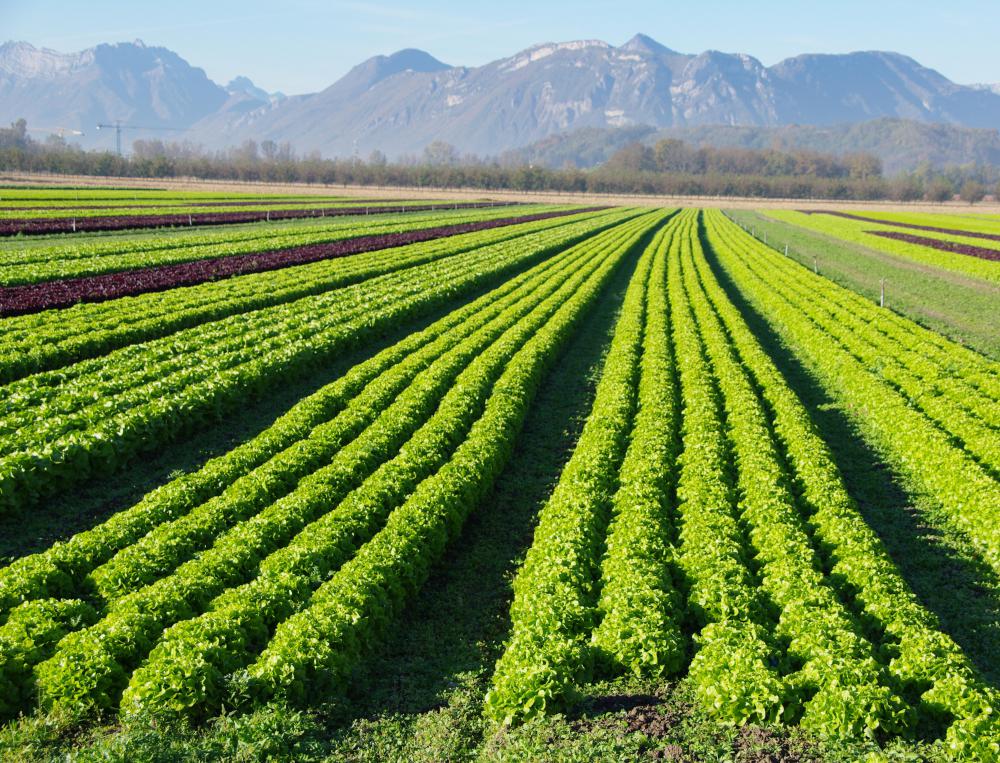
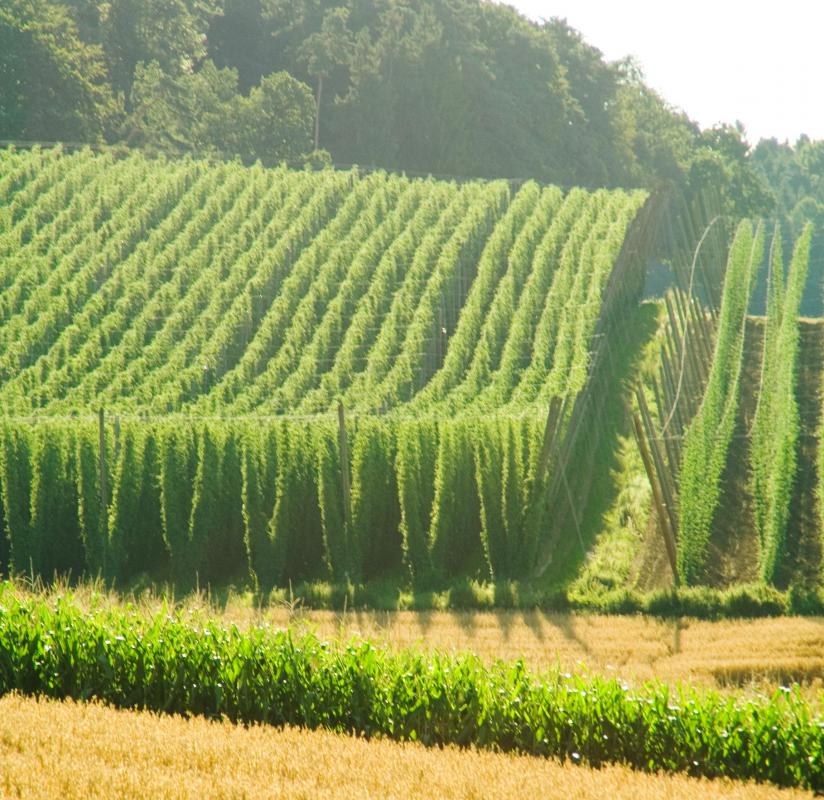
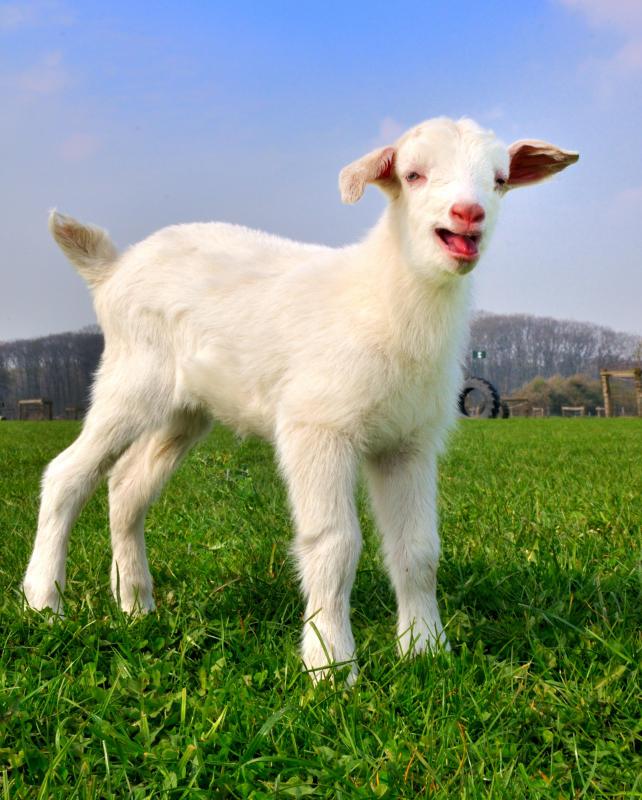
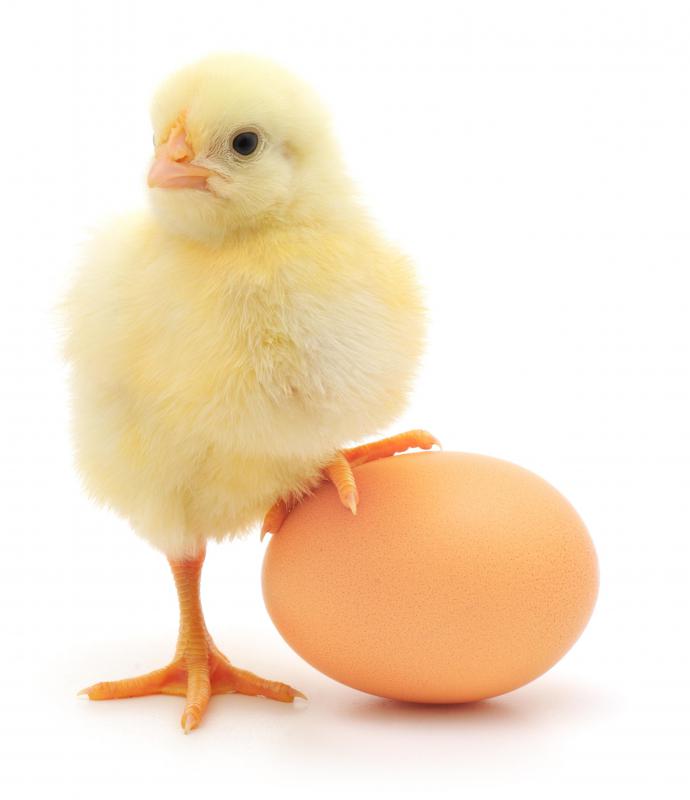

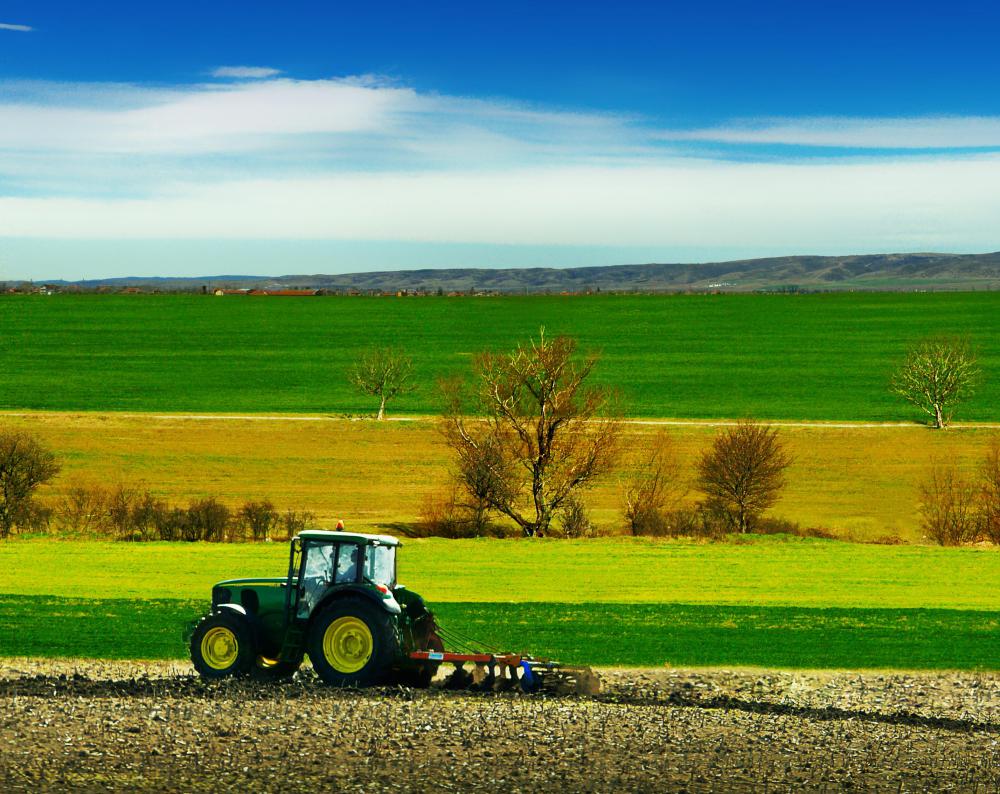


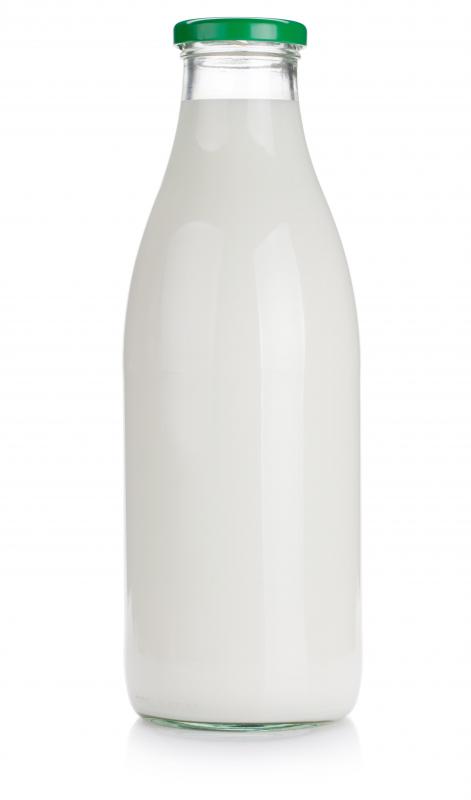

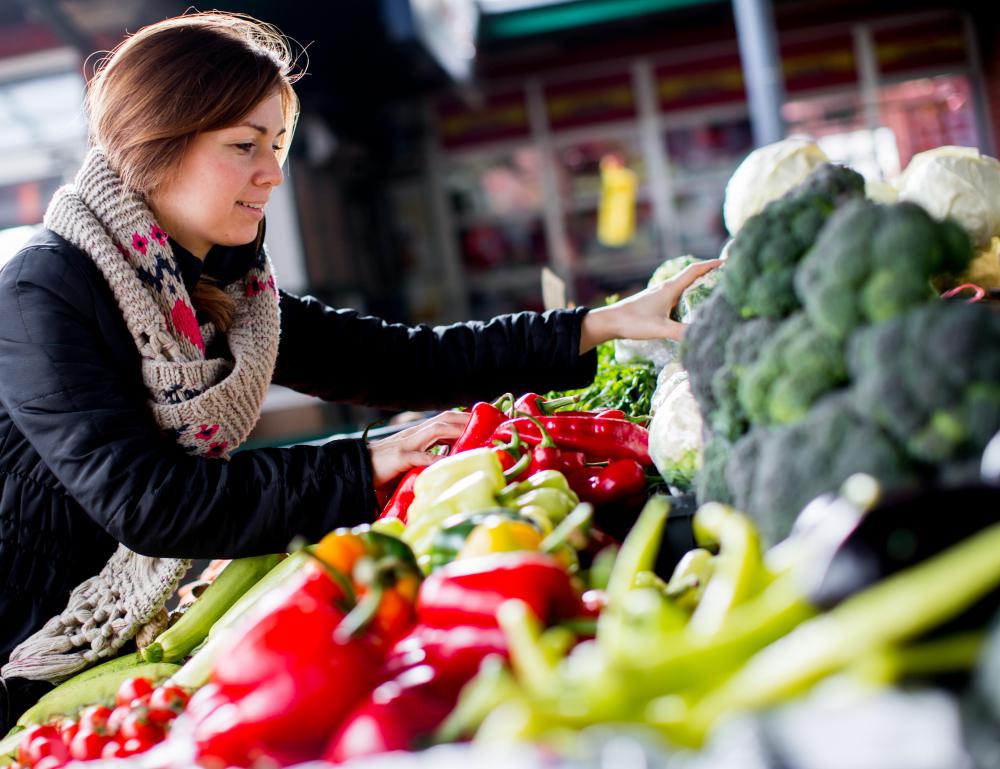


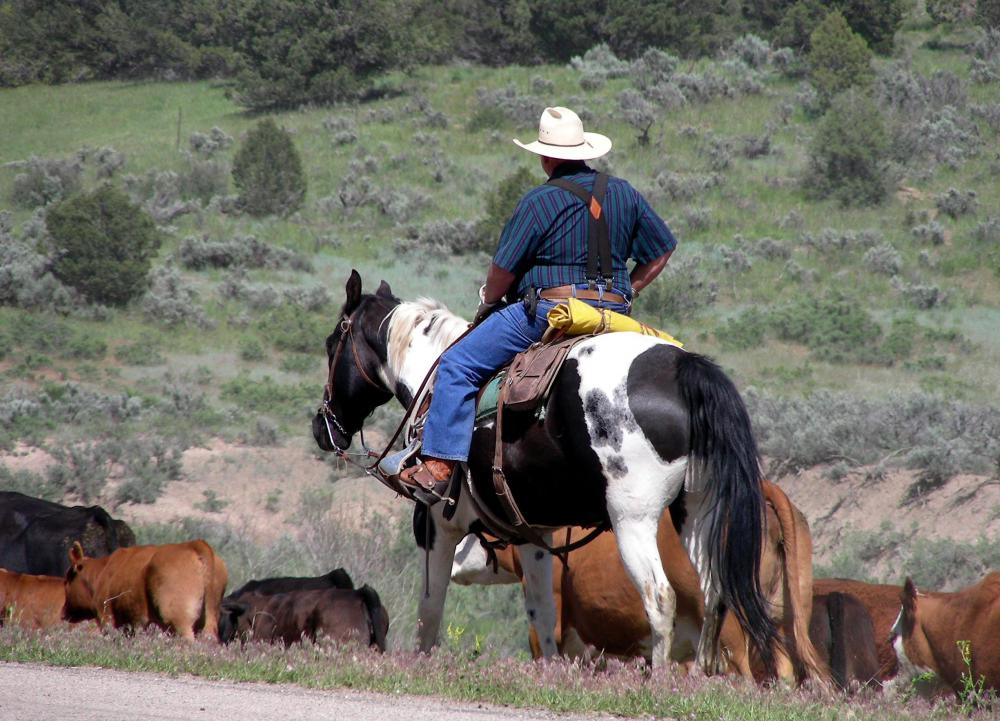

Discussion Comments
@sunshined - I was once a part of a community agriculture project and it was a great experience. I paid a membership and every week got a huge bag of freshly picked, seasonal, local, organic produce. The cost was not significantly higher than what I would have been paying in the store but the quality was much better. I made some of the best meals of my life with those vegetables.
@sunshined - I am familiar with Community Sponsored Agriculture programs. There is one in my community where much of the work is done by autistic kids that live and work on the farm. This gives them a great place to live, work and be a functioning member of society.
They also have an apple farm on the property with rows of various types of apples that are not sprayed with chemicals. I love to visit this place in the fall and stock up on new and old types of apples that are chemical free.
You do not have to be a member to purchase the apples in the fall. I know there are a lot of farms similar to this across the country and they continue to receive more support and growth every year.
@RainyDay - I have seen so many urban farms popping up across the MidWest, and most of them are organic, which is a huge plus.
There is a local farm a few miles from me that is called a CSA which stands for Community Sponsored Agriculture. They raise produce for the community to purchase and do not use any chemicals on their crops. You can purchase a membership in their program and have the option to buy fresh, local produce that is free of chemicals.
I think more people will begin to take advantage of something like this when they realize all of the benefits.
Urban farming is a new and growing trend in the ‘green’ community. Urban farms are little farms located in densely populated areas. In some cases a single, average sized, city yard will be farmed. In other cases the government, city, county or state, or a large company, may donate space. The single yard farm is generally kept by a single family that keeps the harvest for their own use. The larger urban farms, those occupying donated land, are often maintained by volunteers from the community, or in some cases the company donating the space, and a portion of the food may be donated. Local schools, food banks and shelters are commonly among those to benefit from such donations. Another bonus is that urban farms are usually organic farms, so there is no need to worry about chemical contamination of the crops.
Post your comments